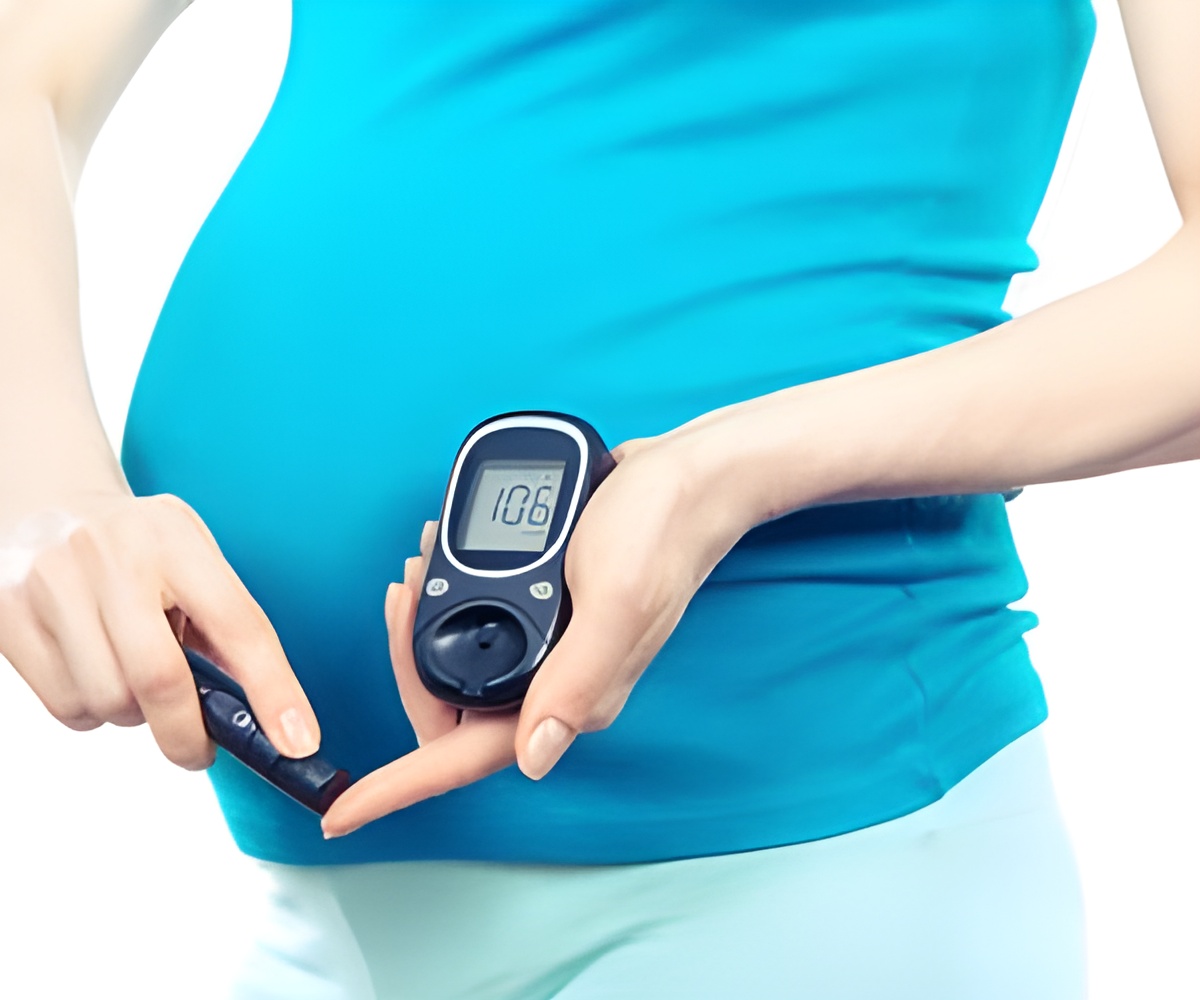Gestational diabetes during pregnancy is shown to be strongly associated with the emergence of type-1 and type-2 diabetes later in life.

‘Gestational diabetes during pregnancy is shown to be strongly associated with the emergence of type-1 and type-2 diabetes later in life. With the increasing prevalence of diabetes, the data highlights the potential risk of developing diabetes that would help in maintaining a healthy and balanced lifestyle to prevent or delay the onset.’





Diabetes is a chronic metabolic disease that is characterized by high blood glucose (blood sugar). It occurs either when the pancreas does not produce enough insulin (which allows glucose from food to get into your body cells for energy) or when the body cannot effectively use the insulin it produces. Globally, the number of people with diabetes rose from 108 million in 1980 to 422 million in 2014. Gestational diabetes is a form of diabetes experienced by women during pregnancy. Generally, it disappears after giving birth. But, 50% of women with GDM have risk to develop type-2 diabetes later in life and 5.7% develop type-1 diabetes (even though it is often considered 'juvenile diabetes').
Gestational Diabetes and its Risk for Type-1 and Type-2 Diabetes
This study assessed 391 women who gave birth between 1984-1994 and experienced gestational diabetes during their pregnancy to understand significant health issues caused by it so that further lifestyle adaptation can be taken to modify the diabetes risk.
A follow-up questionnaire assessing later onset of type-1 and type-2 diabetes was sent in 2012-2013, that is, a mean follow-up of 23 years. It was found that glutamic acid decarboxylase and islet cell autoantibodies present during pregnancy can reliably predict the development of type-1 diabetes later in life.
Advertisement
"The strong relationship between women who have gestational diabetes and women who experience type-1 and type-2 diabetes later in life, suggests that women should now receive more extensive testing during pregnancy, in order to determine their level of risk. We also hope that healthcare professionals initiate conversations with their patients about the relationship between GDM and diabetes later in life. In the future, there are on-going developments for more accurate prediction models which hope to give a more specific suggestion as to who should be tested during pregnancy," says Dr. Kaisu Luiro of Helsinki University Hospital.
Advertisement
Source-Medindia














